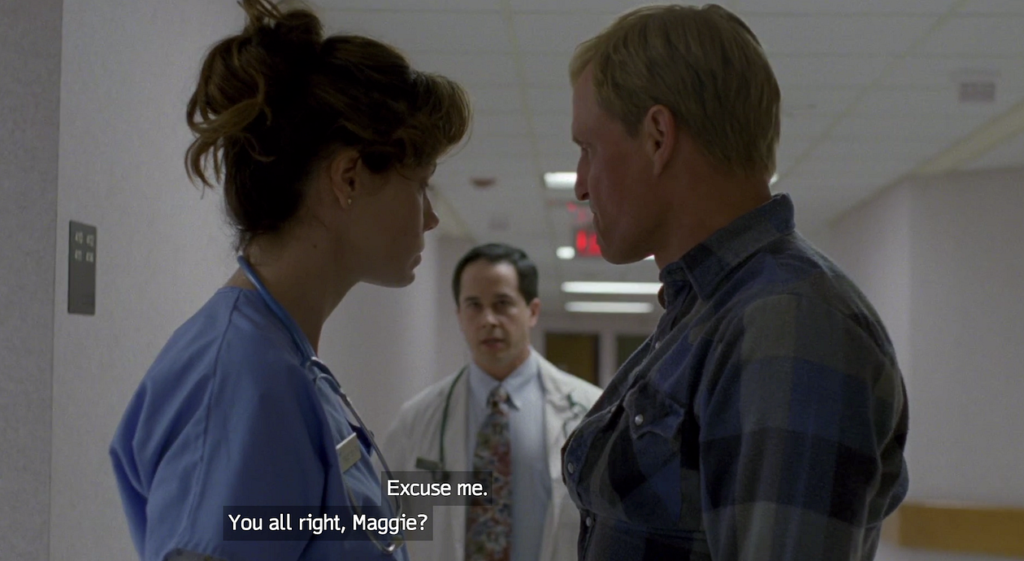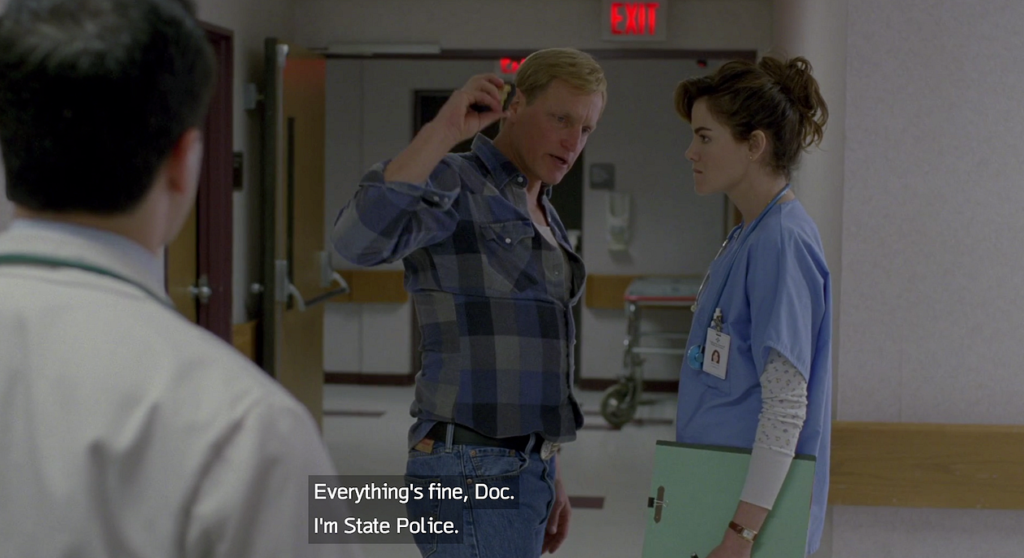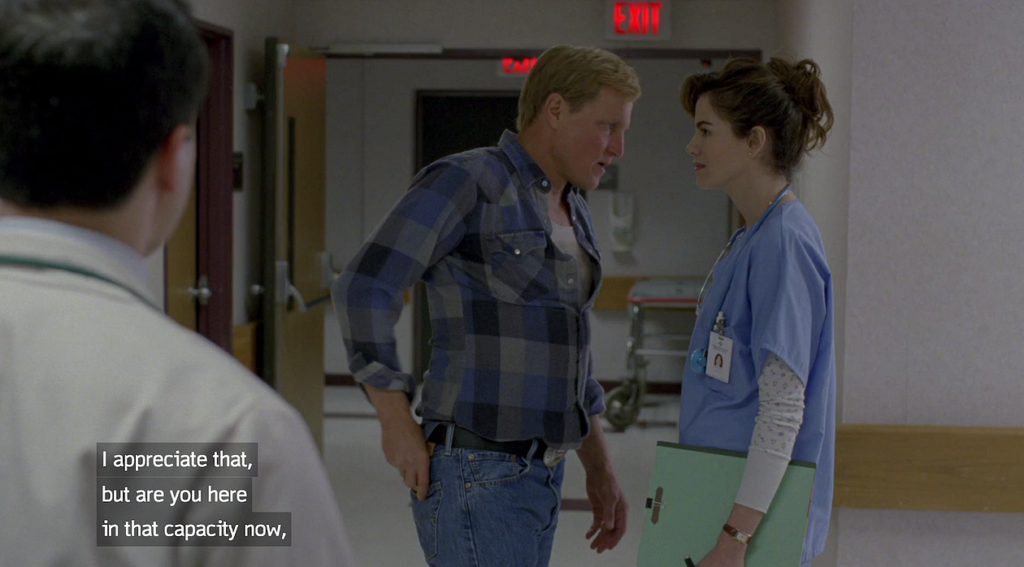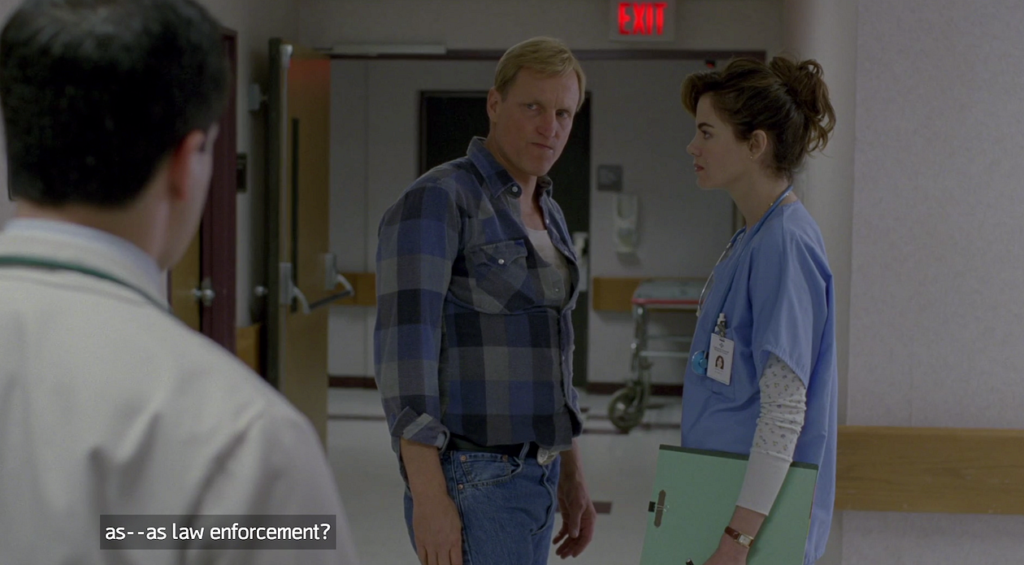Why Holacracy® Changes How We Talk
Holacracy Practitioner’s Guide
Holacracy Practitioner’s Guide

Day-to-day, it’s pretty easy to see power. Look at the images below and ask yourself, “Who’s in charge?”


In these examples, anyone can see who’s in charge. There are uniforms, body language, and context to help you. All of these make it easy to conform to certain expectations should we find ourselves in similar situations. We don’t have to think about how to behave. We know where the power is.
Now, look at the picture below and ask yourself, “Who’s in charge?”

It’s a trick question. You can’t know, because your eyes only take you so far. And this is exactly what we are facing in the modern workplace. A huge diversity of people doing lots of different work.
But in the conventional management hierarchy, once you figure out who’s in charge, it’s not so bad. You know who to convince and who you can safely ignore.
But Holacracy screws this up. With everyone having multiple roles, how do you know which perspective, or which authority is at play in any given moment? Well, since we can’t rely on visual cues, we have to use words.
Shifting in and out of roles can happen instantaneously. This provides great flexibility, but also more responsibility for communicating when contexts have shifted. We do this by using phrases like:
These little tags are significant. Critical even. Because they provide the necessary context we would otherwise already have simply by using visual cues. This is why Holacracy practice requires new ways of speaking.
Differentiating people from roles (but not disassociating them) allows us to do amazing things we couldn’t do otherwise. We can “put on” 10 different roles, or shift contexts 20 times during one interaction. Words allow us to do that.
But we already know this. If you’re a loan officer and your doctor applies for a loan, her medical advice doesn’t overrule your authority. We already know power isn’t static. It’s dynamic and changes depending on the context. So, this isn’t a new concept. But it is a big shift to apply it within our organizations.
And this is important because authority is tricky. It’s amazing AND awful. It’s a tool with any number of possible impacts depending on what it’s used for. Sometimes, abuses of power occur not necessarily because of a person’s shadow or ego, but simply because contexts change without any significant physical markers. Words, if we’re willing to use them, can save us from the dark side of power.
Just look at this example from the show True Detective. In this scene, Woody Harrelson’s character is angry and confronting his estranged wife at the hospital where she works. She doesn’t want to talk, but he persists. At this point, a physician at the hospital interrupts…




What a question: “Are you here in that capacity now?” It’s a simple question to figure out which roles and what authorities are in play.
You can tell by his face that he isn’t happy about the question. But it’s because he instantly knows the answer and the implication. He has no special authority here. He needs to leave.
So, physical cues can be misleading. After all, the detective has a badge and everything about his body language suggests he is in charge. But the physician has the presence of mind to recognize he has authority too.
Since Holacracy differentiates people from roles, and then gives roles authority, it disrupts our assumptions about who is in charge. So when Janice, the founder of the company, walks into the room, we can’t immediately know what capacity she is in.
And she might not know either. So, if she walks in and starts directing things — so what? Shouldn’t we all have the right to be imperfect? Shouldn’t we all have the right to have a bad day?
Holacracy allows us to distribute power, but it doesn’t happen automatically. It’s a group effort. So, if a former boss or manager starts telling you what to do, just get clarity by asking, “Are you making a request of one my roles, or just sharing your opinion?”
To learn more about self-management, join a community of pioneers and check out our e-courses → Self-Management Accelerator
